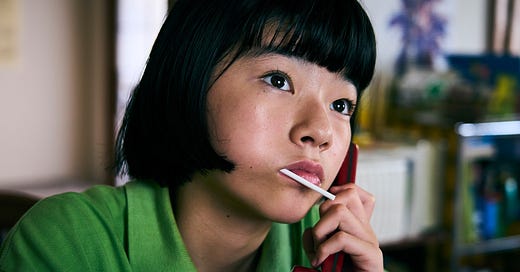This edition of Streamlined is looking at films in the Cannes 2025 line-up from Asia, Africa and the Middle East, as well as the immediate impact of China’s decision to “moderately reduce” the number of US film imports in response to Trump’s tariffs. I’m also researching two Streamlined Guides – one on Chinese buyers and the other on East Asia’s co-production funding schemes – which I plan to publish before Cannes. I was hoping to publish the Chinese buyers report next week, but many people I need to speak to are currently attending Beijing International Film Festival, which I’m hoping is a good sign for acquisitions and theatrical releases in the future.
© 2025 Liz Shackleton
Substack is the home for great culture



